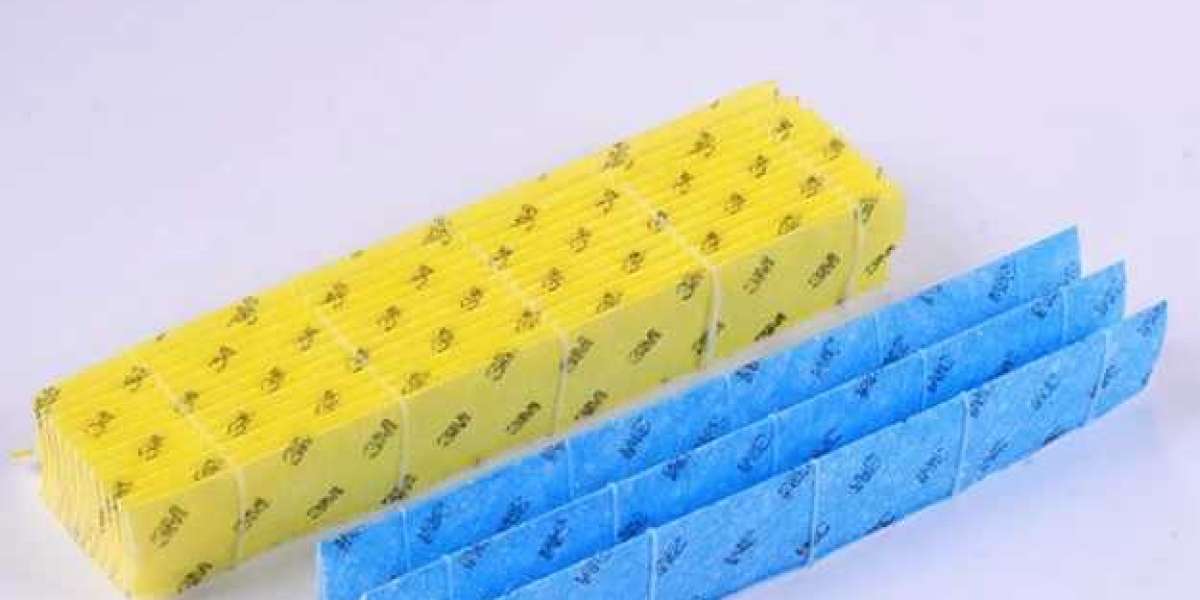Introduction
Nonwoven filter fabric has revolutionized the field of filtration technology, providing efficient and effective solutions for a wide range of industries. This innovative fabric is made up of interconnected fibers that form a porous structure, allowing it to efficiently capture and retain particles and contaminants. In this article, we explore the composition, advantages, and diverse applications of nonwoven filter fabric, highlighting its transformative impact on filtration processes.
The Composition and Structure of Nonwoven Filter Fabric
Nonwoven filter fabric is predominantly composed of synthetic fibers such as polyester, polypropylene, or fiberglass, although natural fibers can also be used depending on the specific application. These fibers are bonded together through mechanical or chemical processes, creating a three-dimensional structure with varying densities and pore sizes. This unique structure enables the fabric to trap and filter particles of different sizes while allowing for smooth fluid flow.
Advantages of Nonwoven Filter Fabric
- High Filtration Efficiency: Nonwoven filter fabric offers exceptional filtration efficiency by effectively capturing particles, contaminants, and microorganisms. The porous structure of the fabric provides a large surface area for entrapment, ensuring that even the smallest particles are filtered out. This results in cleaner fluids and improved product quality.
- Versatility and Customization: Nonwoven filter fabric can be tailored to meet specific filtration requirements. By adjusting factors such as fiber composition, density, and thickness, the fabric's filtration efficiency can be optimized for various applications. This versatility makes nonwoven filter fabric suitable for a wide range of filtration needs, from fine filtration in medical settings to heavy-duty filtration in industrial processes.
- Enhanced Durability: Nonwoven filter fabric is known for its exceptional strength and durability. This fabric can withstand harsh operational conditions, making it perfect for applications that demand continuous filtration or exposure to abrasive substances. Its durability ensures a longer lifespan, reducing the frequency of filter replacements and maintenance costs.
- Cost-Effective Filtration Solution: Nonwoven filter fabric offers a cost-effective filtration solution, presenting notable savings for businesses. With its efficient manufacturing process and extended lifespan, the fabric reduces both production costs and the need for frequent filter replacements. These cost savings contribute to improved operational efficiency and a positive impact on the overall bottom line.
- Sustainability: Nonwoven filter fabric's eco-friendly nature is a significant advantage. Many nonwoven fabrics used in filter manufacturing are recyclable, reducing waste and minimizing environmental impact. This sustainability aspect aligns with the growing demand for eco-conscious practices across industries.
Applications of Nonwoven Filter Fabric
Nonwoven filter fabric finds extensive application across various industries:
- Air Filtration: Nonwoven filter fabric is utilized in HVAC systems, industrial air filtration, and cleanrooms to remove dust, pollen, allergens, and other airborne particles, enhancing indoor air quality and ensuring a cleaner working environment.
- Liquid Filtration: Nonwoven filter fabric is employed in water treatment, wastewater management, and the food and beverage industry to remove impurities, sediment, and contaminants from liquids. This is critical in maintaining product quality, meeting regulatory standards, and ensuring safe consumption.
- Medical and Healthcare: Nonwoven filter fabric is widely used in medical applications such as surgical masks, medical gowns, and sterilization wraps. Its high filtration efficiency helps to prevent the transmission of pathogens and maintain a sterile environment.
- Automotive: Nonwoven filter fabric is crucial in automotive air and fuel filtration systems, ensuring the longevity and optimal performance of engines by removing pollutants and particulate matter.
- Industrial Processes: Nonwoven filter fabric plays a vital role in industrial processes such as chemical processing, pharmaceutical manufacturing, and oil and gas refining. It aids in maintaining product quality by removing impurities, particles, and contaminants from fluids.
Conclusion
Nonwoven filter fabric has led a revolution in filtration technology, providing efficient, versatile, and cost-effective solutions across various industries. With its superior filtration efficiency, durability, and customization options, this fabric has become a go-to choice for applications ranging from air and liquid filtration to medical and industrial processes. As technology advances, nonwoven filter fabric will continue to drive innovation and sustainable filtration solutions, contributing to cleaner environments, improved product quality, and healthier lives for all.








